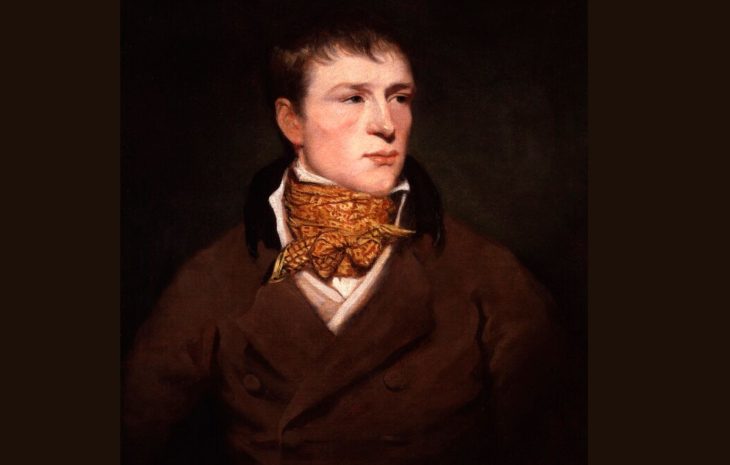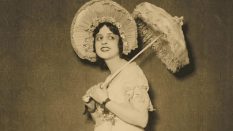How did Jem Belcher die? His tragic death detailed

Amazon’s Prizefighter: The Life of Jem Belcher explores the tragically short career of one of the most talented bare-knuckle boxers ever to grace the sport: James ‘Jem’ Belcher. With his slender frame, Belcher was an atypical boxer: boxing was a preserve of big, burly men at the time.
Jem was quick, innovative, and packed a powerful punch. By 19, he was the Champion of England, having bested more experienced opponents like Andrew Gamble and Jack Bartholomew. Jem’s impact spread beyond the ring, helping elevate boxing from its perception as a working-class sport to one which the royals enjoyed.
Sadly, fate denied Belcher prolonged success in the sport. Jem died a boxing legend, but there’s always a lingering feeling that with better luck, he could have achieved so much more.
Belcher died due to sickness and alcoholism
At the height of his career, the 22-year-old Jem had the world at his feet: he was wealthy, owning a London house, a carriage, and fancy clothes; he was also famous, rubbing shoulders with England’s elite at posh events.
Unfortunately, Belcher injured his eye while playing racquetball. The removal of Belcher’s eye sparked the boxer’s downfall; even with his prodigious talent, losing one eye was a disadvantage he couldn’t overcome.
His friends bought him a pub in London where he could retire and wow customers with his tales. While giving exhibitions and sparring demonstrations, Jem inspired a young boxer named Henry Pearce.
Jem saw potential in Henry and became his manager, earning money by organizing the young boxer’s fights. It quickly became apparent that Henry was Jem’s successor as Champion of England.
Belcher refused to cede his crown without a fight, literally. As master and apprentice squared it out in the ring, it became painfully clear that Jem was past his prime. Henry bested Belcher, despite refusing to strike him in the face. “I won’t hit thee in the face Jem, in case I damage your other eye,” Henry allegedly said.
The loss was too much to bear for the former champion. Jem became so moody and depressed that the customers who thronged his pub to see him drifted away.
Jem’s attempts to win back his title failed, friends deserted him, and his marriage crumbled. Alone and miserable, Jem found comfort in alcohol. He drank away his remaining days, passing away due to sickness and alcoholism in July 1811.
Belcher’s funeral demonstrated he was still immensely popular. The thousands attending the ceremony saw fellow boxer Bill Ward dive into Jem’s grave in mourning.
Jem’s grave was two times deeper than usual to deter grave robbers from stealing his body. His gravestone was eventually removed as the St. George’s Marylebone cemetery was turned into a park.
Jem’s loss to Henry ultimately claimed two lives. Henry was so devastated after defeating his idol that he never fought again; he succumbed to tuberculosis in 1809.







